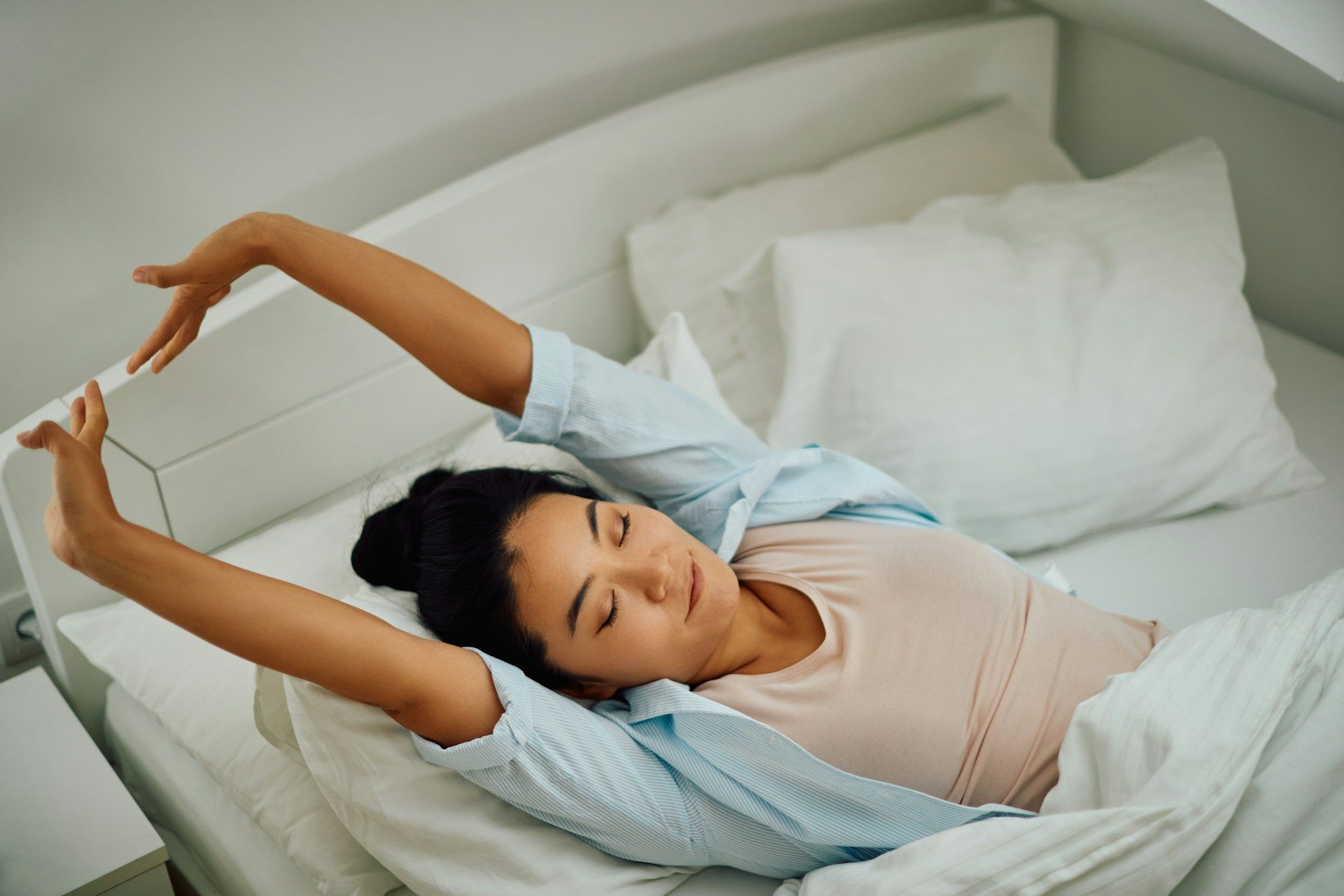Breathing Easier: The Benefits of Oral Appliance Therapy for Obstructive Sleep Apnea

Obstructive Sleep Apnea (OSA) is a common but potentially serious sleep disorder characterized by repeated episodes of partial or complete airway blockage during sleep. This obstruction results in pauses in breathing, snoring, and poor sleep quality, leading to daytime fatigue, cognitive deficits, and increased risk of various health issues, such as hypertension, heart disease, and diabetes. While there are several treatment options available for OSA, Oral Appliance Therapy stands out as an effective, comfortable, and customizable solution for many patients looking to improve their sleep and overall well-being.
At Pittsburgh Dental Sleep Medicine, our doctors are dedicated to providing tailored and comprehensive care for individuals experiencing OSA and sleep-related concerns. In this informative blog article, we will delve into the details of Oral Appliance Therapy, including its benefits, how it compares to other treatment options, and its role in addressing the challenges of OSA.
Schedule a consultation with our highly-trained team at Pittsburgh Dental Sleep Medicine to explore how Oral Appliance Therapy can help you improve your sleep quality, reduce the symptoms of Obstructive Sleep Apnea, and enhance your overall health and well-being. Our personalized approach caters to your specific needs, ensuring a comfortable and effective treatment plan designed to promote better sleep and overall wellness.
Understanding Oral Appliance Therapy for Obstructive Sleep Apnea
Oral Appliance Therapy (OAT) is a non-invasive treatment for Obstructive Sleep Apnea that involves using a custom-fitted dental device worn during sleep. These appliances typically fall into two categories:
1. Mandibular Advancement Devices (MAD): These appliances work by repositioning the lower jaw (mandible) slightly forward. This forward movement helps keep the airway open during sleep, reducing the chances of blockage and allowing for improved breathing.
2. Tongue Retaining Devices (TRD): These devices are designed to hold the tongue in place, preventing it from collapsing into the airway and causing obstructions during sleep.
Regardless of which type of oral appliance is prescribed, the primary goal is to maintain an open airway during sleep, effectively mitigating the symptoms and complications associated with Obstructive Sleep Apnea.
Benefits of Oral Appliance Therapy for OSA
Oral Appliance Therapy offers several significant advantages for those struggling with Obstructive Sleep Apnea, which include:
1. Customized Fit: Oral appliances are custom-made for each individual, ensuring a comfortable and secure fit tailored to the user's specific needs.
2. Non-Invasive: Unlike some other treatment options, Oral Appliance Therapy does not require surgery or invasive procedures.
3. Portability: Oral appliances are small, lightweight, and easy to transport, making them a convenient option for travel and nightly use.
4. Quiet: Unlike other treatment methods involving noisy machinery, Oral Appliance Therapy operates silently, reducing sleep disruptions for the user and their bed partner.
5. Improved Sleep Quality: By keeping the airway open and promoting uninterrupted breathing during sleep, oral appliances can significantly improve sleep quality and reduce daytime fatigue.
Comparing Oral Appliance Therapy to Other Treatment Options
While various treatment options are available for Obstructive Sleep Apnea, Oral Appliance Therapy has emerged as a popular alternative due to its unique advantages. Here are a few comparisons between Oral Appliance Therapy and other common treatments:
1. Oral Appliance Therapy vs. Continuous Positive Airway Pressure (CPAP): CPAP therapy involves using a machine that delivers continuous air flow through a mask worn over the nose and/or mouth. Although effective in treating OSA, some patients find the mask and airflow uncomfortable, leading to noncompliance. In contrast, Oral Appliance Therapy offers a quieter, non-invasive, and mask-free option that is typically better tolerated by patients and just as effective in treating mild to moderate OSA.
2. Oral Appliance Therapy vs. Surgery: Surgical options for Obstructive Sleep Apnea may include uvulopalatopharyngoplasty (UPPP), genioglossus advancement, or maxillomandibular advancement, among others. While these procedures can be successful in some cases, they often involve risks and potential complications. Oral Appliance Therapy provides a non-invasive alternative that eliminates the need for surgery, reducing recovery time and the associated risks.
The Importance of Working with a Qualified Dental Sleep Doctor
Working with a qualified dental sleep doctor is crucial when considering Oral Appliance Therapy for Obstructive Sleep Apnea. A skilled practitioner will ensure that patients receive a customized device that fits correctly and comfortably while providing effective treatment for their specific needs. The process of working with a dental sleep doctor typically involves:
1. Initial Consultation: The doctor will assess the patient's medical history and discuss their concerns and goals for treatment.
2. Oral Examination: A thorough evaluation of the patient's oral structures will be performed to identify any obstacles that may impact the efficacy of the oral appliance.
3. Custom Device Fitting: A mold or digital scan of the patient's teeth will be used to create a personalized appliance tailored to their unique anatomy.
4. Follow-up and Adjustments: Regular check-ups and communication with the dental sleep doctor are essential to ensure the optimal fit and effectiveness of the oral appliance, and to make any necessary adjustments.
Conclusion:
Oral Appliance Therapy offers a unique and effective solution for managing Obstructive Sleep Apnea, providing a non-invasive, comfortable, and customized approach to improving sleep and overall well-being. By working with a qualified dental sleep doctor, patients can experience the full benefits of this innovative treatment method and enjoy a better night's sleep.
Take the first step toward a restful, rejuvenating sleep experience by contacting our doctor team at Pittsburgh Dental Sleep Medicine. Schedule a consultation today to explore the potential of
Oral Appliance Therapy for treating your Obstructive Sleep Apnea, and let us help you on your journey toward improved sleep quality and overall health.

